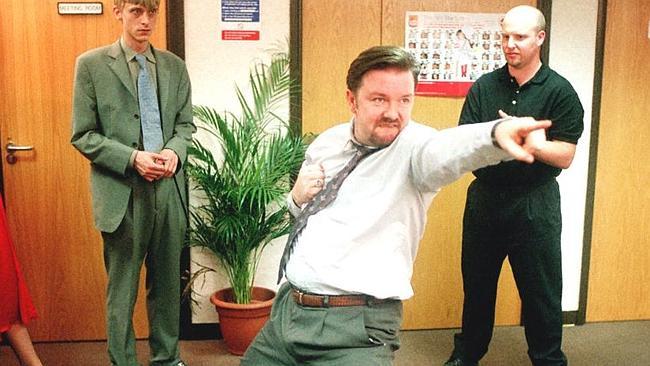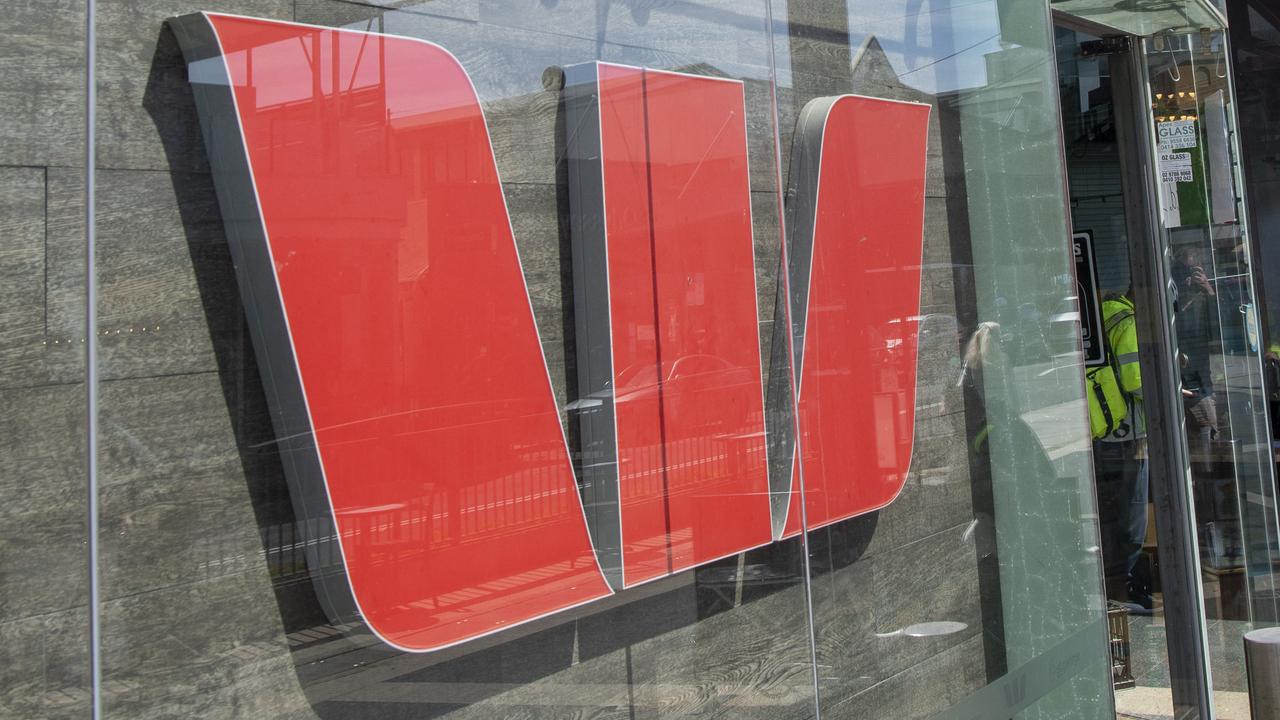Things you should never do after a job interview
EVEN if you think you aced the job interview, you can still blow it in the days afterwards. Here are eight things you should never do.

Careers
Don't miss out on the headlines from Careers. Followed categories will be added to My News.
YOU may think you’re in the clear once you’ve aced a job interview and received an offer, but the truth is, you’re not — careless mistakes and crazy behaviour can cost you the job of your dreams even after you’ve wowed the hiring manager.
Perfect example: By now you’ve probably heard about the Illinois man who recently lost a job offer after texting nude photos of himself to the HR director he’d interviewed with. The photos were intended for another recipient and not meant to go to the man’s new employer, but the damage was done and the job offer was rescinded.
Sending sexy selfies definitely isn’t the only major post-interview mistake that could cost you your job. Other behaviours can be just as, well, revealing — like oversharing details about your personal life with your new employers.
Felicite Moorman, CEO of BuLogics and StratIS EMS, told Business News Daily about an applicant who was impressive during the interview, but ultimately didn’t get the job due to her obsession with cats.
“When [I] asked what she did for fun, or what hobbies she might like to share, she responded that ‘I too am fond of cats,’ and we ended on a note that led me to believe I’d be making an offer after our round of interviews were complete,” Moorman said.
“The next day, I received the first of several cat-related faxes,” Moorman said. “The cat faxing continued, with notes signed ‘The Crazy Cat Lady,’ to the point that I declined to make an offer, instead sending a ‘thank you for interviewing’ letter. The last fax [I received asked], ‘Was it the cats?’ — It might have been the cats.”
And over-sharing can be damaging even when you’re not discussing your personal life. David Blacker, managing principal at Venerate Media Group, shared a hiring horror story from a past position in which an applicant blabbed about the company’s interview process.
“We once had an applicant break down his entire interview process in his blog. Every detail, nuance was spelled out for the world to see,” Blacker said. “Names were given. Tips and tricks were offered on navigating our hiring process.”
Blacker noted that the company did not rescind the job offer in this case, but it didn’t exactly trust the new hire, either.
“We were at [the] offer stage, so the candidate was spoken to and the blog post was removed,” Blacker said. “We didn’t have a very secretive interview process, but we also didn’t wish to give away all of our secrets. We also saw this as a poor character trait in a potential employee. His nondisclosure was certainly kept well in hand.”
So what other mistakes should you avoid the next time you leave a job interview? Here’s what several business owners and experts had to say.
DON’T FOLLOW UP TOO MUCH
“The worst thing a prospective employee can do after a job interview is pestering the hiring manager with constant calls and emails about the status of his or her application. Besides sending over a thankyou email [or] note 24 hours after your interview, there should be no other reason to contact the employer. The last thing you want to do is annoy the person considering you for the position.” – Patrice Rice, CEO and founder, Patrice & Associates
DON’T ADD THE INTERVIEWER ON SOCIAL MEDIA
“[One mistake is] asking to connect on LinkedIn with a hiring manager or one of the interviewers as soon as the interview is over. This request may seem too presumptuous and be a turn-off to the hiring manager or interviewer.” - Richard Orbé-Austin, career coach and partner, Dynamic Transitions Psychological Consulting
DON’T CHANGE YOUR SALARY EXPECTATIONS
“As an HR professional, we interview candidates based in part on their initial compensation expectations — we [need to] know that they fit into our overall compensation range. All too often, a candidate will interview for a job, become overconfident [and] then dramatically increase their compensation expectations. When I work with a potential candidate, know their salary expectations and make an offer based on those expectations, it doesn’t do anyone any good to find out at the final hour that the candidate’s expectations have greatly increased. It makes the candidate look bad. It makes me look bad, and it wastes everyone’s time.” – Mike Astringer, director of talent, Alliance Life Sciences
DON’T ACT LIKE YOU ALREADY HAVE THE JOB
“The worst thing a potential employee can do post-interview is to email or call [the hiring manager] as if they already have the role. At [that] point, I’m either still interviewing other candidates or finalising the role to fit the person, but that doesn’t mean they have it yet. It’s not a smart thing to do, because while they may think it shows them being confident, they come off as cocky or arrogant. A follow-up is always appreciated, but one that assumes the job’s in the bag? Not so much, and it will set off all sorts of alarm bells on how they’d handle potential sales or client relations.” – Jasmine Elias, marketing manager, Kizkaz
DON’T SKIP THE THANK-YOU NOTE
“The worst thing you can do post-interview is not send a thankyou note or email to the hiring manager or recruiter at the prospective company. Forgetting to follow through on this key step of the interview process will send a message to your potential employer that you aren’t really interested in the role, don’t pay attention to details and have poor follow-up skills. You wouldn’t say that [about yourself] in an interview, so why give that impression by not sending a note?” – Mike Lymer, director of client services, IQ Partners
DON’T TALK ABOUT IT UNTIL IT’S FINALISED
“Never brag about the details of the meeting or offer. Industries are small microcosms where everyone is connected, so going off on a tangent about killing it at an interview or sharing overly detailed information about the offer is both sloppy and juvenile. Don’t forget: You don’t have the job until you start the job. Maintain a sense of professionalism and gratitude.” – Andrea Berkman-Donlon, founder, The Constant Professional
DON’T COMPLAIN ABOUT THE INTERVIEW TO ANYONE
“Don’t speak disparagingly about your interview experience with anyone — not even the recruiter [or] headhunter that sent you there. I heard about a rock-star candidate who was recruited to a firm that really wanted her, but she didn’t click with the hiring manager. When she spoke with the referring headhunter to debrief the interview, she made very negative, personal remarks about the hiring manger, basically calling him a jerk. What the candidate didn’t know was that the headhunter was the hiring manager’s wife. Needless to say, she didn’t get the job and was no longer able to work with the recruiter or anyone at her firm.” – Lela Reynolds, senior career consultant, Resume Strategists
DON’T BRING UP OTHER JOB OFFERS
“We had a potential hire interview with us a year ago who seemed genuinely interested in the position and was impressive all around. The problems all started in the days after the interview. She sent an email every three days asking for an update on our decision, and after a week finally revealed that she got a job offer from a different company, but she urged us to come to a decision because she would much rather work for you. It’s a good thing to be honest about your intentions, but sometimes less is more after a positive interview. And under no circumstances should you use another job offer as leverage for a quicker decision.” – Brandon Baker, owner, Loveletter Cakeshop
This article originally appeared on BusinessNewsDaily.
Originally published as Things you should never do after a job interview


